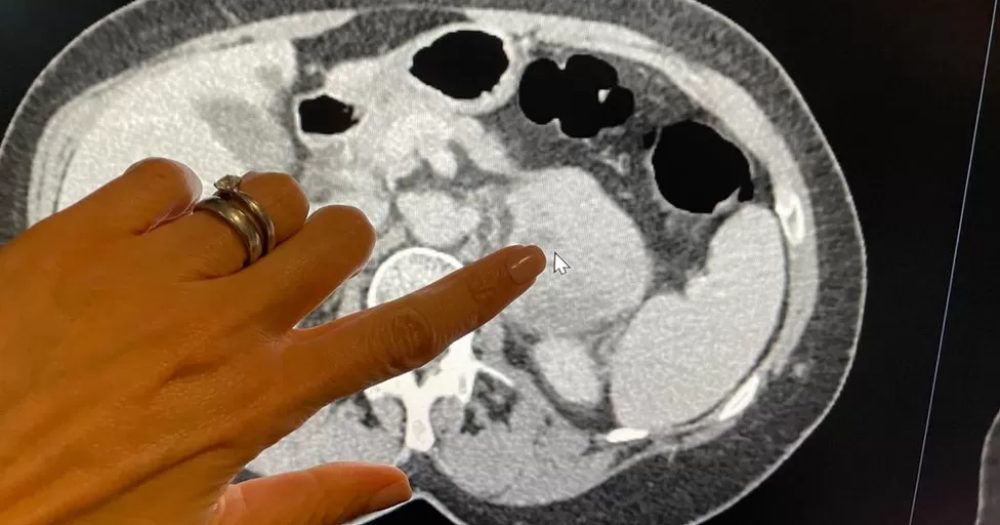Study: AI can quickly grade the severity of rare cancer

We know that AI is poised to change many industries, healthcare being one of them. And it is already powering different solutions that help doctors, nurses, patients, and the administrative staff be more productive.
Now, we have a new study yet again proving just how useful AI can be in the healthcare setting. Specifically, researchers from the Royal Marsden Hospital and Institute of Cancer Research have found that AI is nearly twice as good at grading the aggressiveness of a rare form of cancer from scans as the current method.
By recognizing details invisible to the naked eye, AI was 82% accurate, compared with 44% for lab analysis. According to researchers, this could lead to the improvement in treatment to the benefit of thousands every year.
What's more, they are also excited by AI's potential for quicker diagnosis and spotting other cancers early.
"We're incredibly excited by the potential of this state-of-the-art technology," said Professor Christina Messiou, consultant radiologist at The Royal Marsden NHS Foundation Trust and professor in imaging for personalized oncology at The Institute of Cancer Research, London.
"It could lead to patients having better outcomes, through faster diagnosis and more effectively personalized treatment."
Writing in Lancet Oncology, the researchers used a technique called radiomics to identify signs, invisible to the naked eye, of retroperitoneal sarcoma — which develops in the connective tissue of the back of the abdomen — in scans of 170 patients.
This provided AI with enough data to grade the aggressiveness of 89 other European and US hospital patients' tumors from scans much more accurately than biopsies — in which a small part of the cancerous tissue is analyzed under a microscope.
Prof Messiou hopes the technology can eventually be used around the world, with high-risk patients given specific treatment while those at low risk are spared unnecessary treatments and follow-up scans.
Dr Paul Huang, from the Institute of Cancer Research, London, said: "This kind of technology has the potential to transform the lives of people with sarcoma — enabling personalized treatment plans tailored to the specific biology of their cancer.
"It's great to see such promising findings."
💡Did you know?
You can take your DHArab experience to the next level with our Premium Membership.👉 Click here to learn more
🛠️Featured tool
 Easy-Peasy
Easy-Peasy
An all-in-one AI tool offering the ability to build no-code AI Bots, create articles & social media posts, convert text into natural speech in 40+ languages, create and edit images, generate videos, and more.
👉 Click here to learn more


